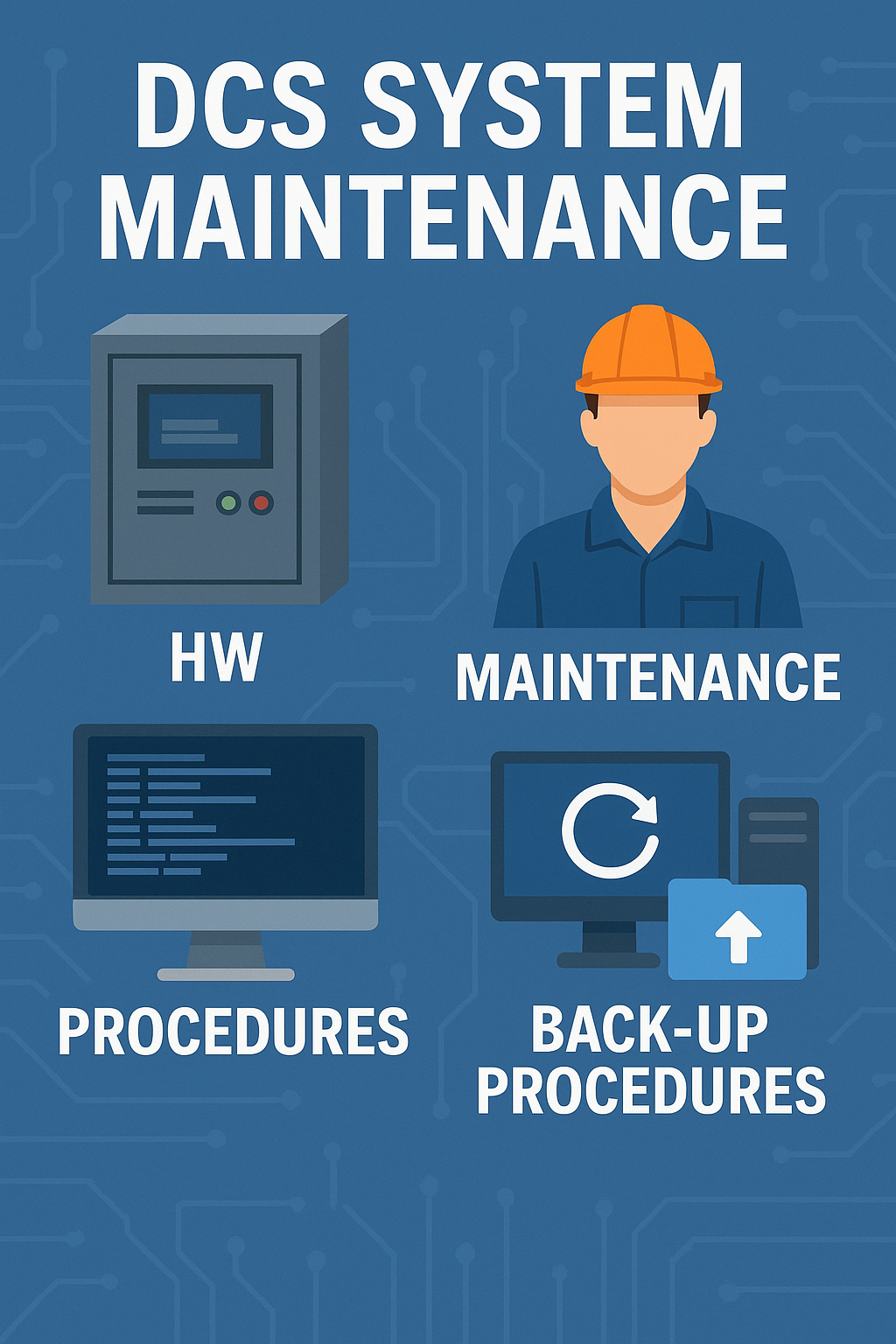

By the end of this training course, participants should be able to:
This course is essential for all VSAT techs, field techs, Satellite TV installers, support staff (NOC), operators, users, and managers who want to know and understand VSAT technology.
This is an interactive course. There will be open question and answer sessions, regular group exercises and activities, videos, case studies, and presentations on best practice. Participants will have the opportunity to share with the facilitator and other participants on what works well and not so well for them, as well as work on issues from their own organizations
Module One: Introduction to Satellite Communication
Module Two: VSAT Access Methods
Module Three:
Fundamentals of VSAT Systems
Module Four:
Site Survey and Installation Steps
Module Five:
Antenna assembly.
CDGA attendance certificate will be issued to all attendees completing minimum of 75% of the total course duration.
| Code | Date | Venue | Fees | Register |
|---|---|---|---|---|
| IE106-01 | 18-01-2026 | Cairo | USD 5450 | |
| IE106-02 | 10-05-2026 | Dubai | USD 5450 | |
| IE106-03 | 13-09-2026 | Doha | USD 5450 | |
| IE106-04 | 08-11-2026 | Manama | USD 5450 |

This Course introduces you to DCS, its general control Concept and the areas of applications in industry in which they are being applied. Distributed control refers to a system of digital instrumentat ...
Providing services with a high quality that are satisfying the requirements
Appling the specifications and legalizations to ensure the quality of service.
Best utilization of resources for continually improving the business activities.
CDGA keen to selects highly technical instructors based on professional field experience
Since CDGA was established, it considered a training partner for world class oil & gas institution
3012, Block 3, 30 Euro Business Park, Little Island, Co. Cork, T45 V220, Ireland
Mon to Fri 09:00 AM to 06:00 PM
Contact Us anytime!
Request Info